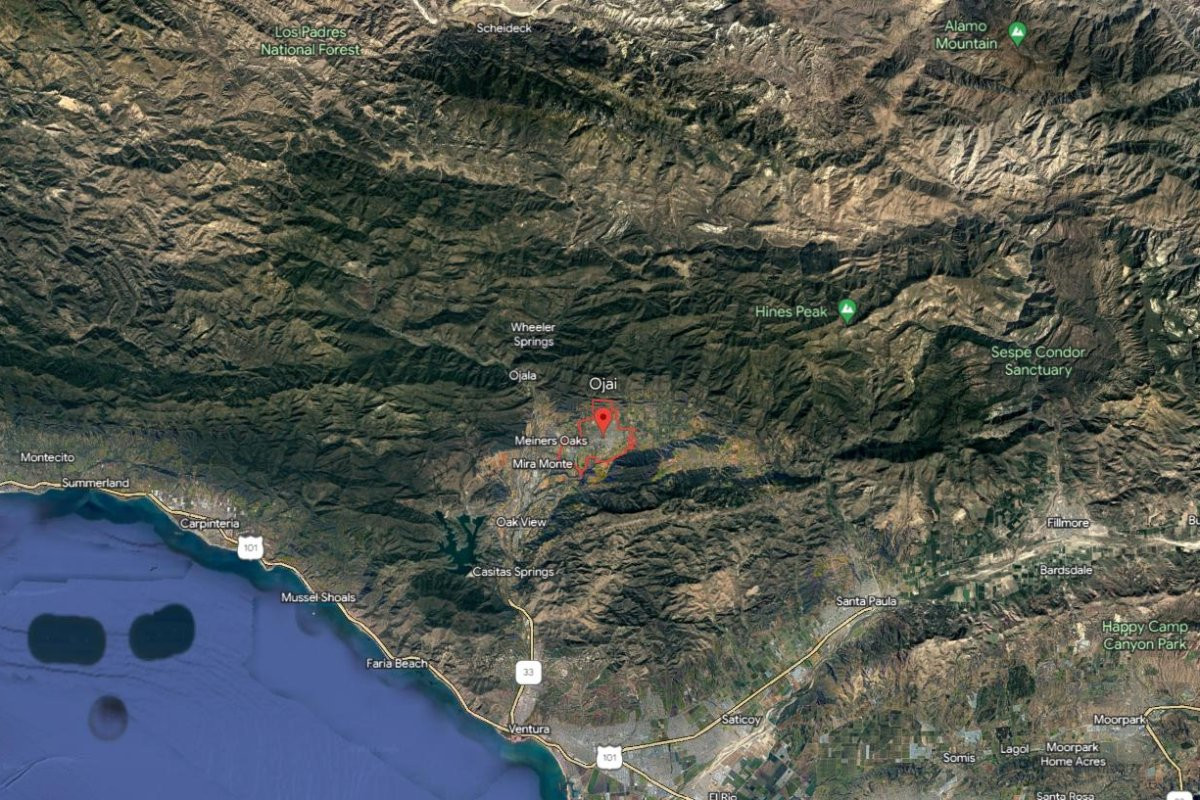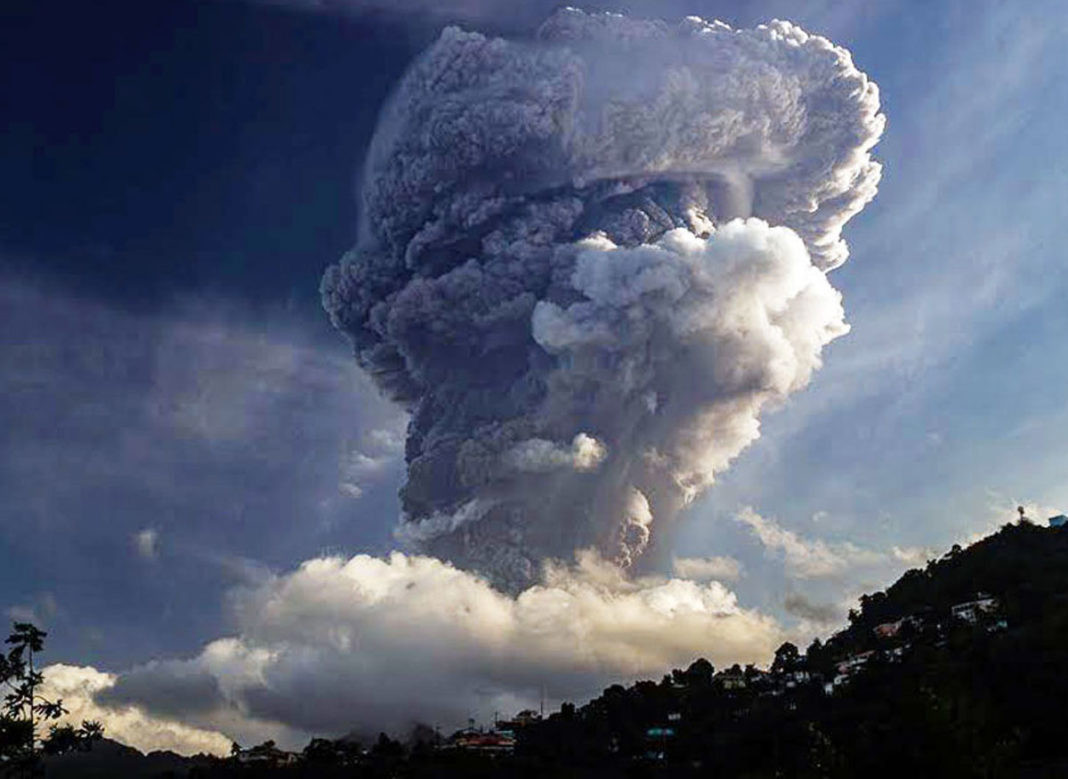Earthquake Shakes Quebec: Magnitude 4.6 Tremor Strikes Near Drummondville
The earth shook in Quebec early Sunday morning, with a magnitude 4.6 earthquake striking the province. The epicenter of the tremor was located 26 kilometers northwest of Drummondville, in the Centre-du-Québec region, according to Natural Resources Canada.
The earthquake struck at 5:45 a.m. local time and was felt as far away as Drummondville, Trois-Rivières, and Montreal. The tremor occurred at a depth of 18 kilometers, according to the federal agency.
Earthquake Impact and Reactions
Reports of the earthquake quickly spread across social media, with many residents taking to Twitter to share their experiences. Some described feeling a strong shaking sensation, while others reported hearing a loud rumbling sound.
The earthquake caused a brief period of panic in some communities, with residents rushing outside to check for damage. While no significant damage has been reported so far, emergency services are still assessing the situation.
Analyzing the Seismic Activity
Earthquakes in Quebec are relatively rare, but they are not unheard of. The province is located within the St. Lawrence Lowlands, a region known for its seismic activity. This area is characterized by a complex network of geological faults that can trigger earthquakes.
The recent earthquake near Drummondville is a reminder of the potential for seismic activity in Quebec. While most earthquakes in the province are relatively small and cause minimal damage, stronger tremors can have significant impacts on infrastructure and public safety.
Understanding Earthquake Safety
In the event of an earthquake, it is essential to follow safety guidelines. Here are some key tips to help stay safe during an earthquake:
- Drop, Cover, and Hold On: This is the most important thing to do during an earthquake. Drop to the ground, cover your head and neck under a sturdy piece of furniture, and hold on tightly until the shaking stops.
- Stay Inside: If you are outside, move away from buildings, trees, and power lines. Find a safe spot in an open area.
- Be Prepared: Have an emergency kit ready with essential supplies such as food, water, first-aid supplies, and a flashlight. Make sure you have a plan for how to communicate with family members in case of an emergency.
By understanding the risks and taking necessary precautions, residents of Quebec can mitigate the potential damage and injuries caused by earthquakes.
The Importance of Seismic Monitoring
The recent earthquake highlights the importance of seismic monitoring systems in Canada. These systems play a crucial role in detecting and tracking earthquakes, providing valuable data for scientists and emergency responders.
Seismic networks across the country are continuously monitoring ground motion, identifying potential hazards, and providing early warning systems for communities. By investing in robust seismic monitoring infrastructure, Canada can better prepare for and respond to earthquakes and other natural disasters.
Looking Ahead: The Future of Seismic Activity in Quebec
While the recent earthquake in Quebec may have been a surprise to some, it is a reminder that the region is not immune to seismic activity. Scientists are constantly studying and monitoring geological processes to better understand the risks and patterns of earthquakes in the region.
As technology advances, experts are developing new tools and techniques for predicting and mitigating the impact of earthquakes. These advancements will be crucial in safeguarding communities and minimizing the potential damage caused by seismic activity in Quebec and beyond.
Staying Informed
For updates on the recent earthquake and other seismic activity in Quebec, it is important to consult reputable sources of information such as Natural Resources Canada and the Geological Survey of Canada. Staying informed about potential hazards and emergency procedures is vital for ensuring the safety and well-being of all residents.


















